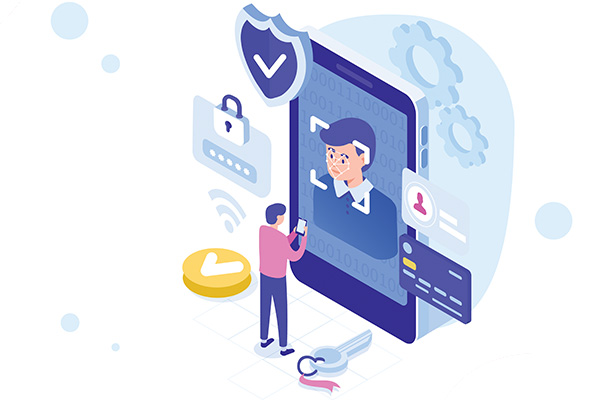In today’s digitally connected world, our online presence plays an important role in shaping our personal and professional lives. From social media profiles to professional networking platforms, our digital identity continues to evolve, so understanding what it looks like and how it affects our lives is crucial. In this blog post, we will explore the concept of digital identity and its relationship to the Personal Learning Network (pln). Help us reflect and plan our online presence.
Understanding digital identity
Digital identity encompasses an online representation of who we are. It includes the information we share about ourselves, the content we create, and our interactions on various online platforms. Our digital identity is not limited to a single social media profile, but rather a collection of online activities on the Internet.
When it comes to PLNs, they are a network of individuals and professionals with whom we share knowledge online, collaborate on projects, and learn from each other. Planning programs contribute to personal and professional growth because they provide exposure to different perspectives and expertise.
Why is digital identity important?
Whether you’re looking for a job or socializing with colleagues, people often form first impressions based on your digital identity. Maintaining a good online presence can have a positive impact, but excessive online socializing can make us have a negative impact.
Building a professional brand: For professionals, our digital identity is part of a personal brand. It can showcase our expertise, values, and achievements and help us stand out in our field.
Learn and grow: Planning networks thrive with an active digital identity. Engaging in online discussions, sharing insights, and collaborating with others can lead to continuous learning and personal growth.
Networking opportunities: A strong digital identity can attract valuable connections and networking opportunities that might not otherwise be realized.

Controlled vs. Uncontrolled content:
Controlled content is content that we intentionally share, such as professional achievements educational updates, or life photos. Uncontrolled content includes posts or photos that others have flagged to us or content that we may no longer wish to be associated with and are unaware of. Our digital identities are dynamic and can evolve over time. Regularly review and manage our online presence to ensure it is aligned with our goals and aspirations.
In conclusion, in today’s digital age, understanding and actively managing our digital identities is essential. By recognizing the impact it has on our personal and professional lives, we can harness the power of our online presence to connect, learn, and grow in personal learning networks.
Leave a Reply